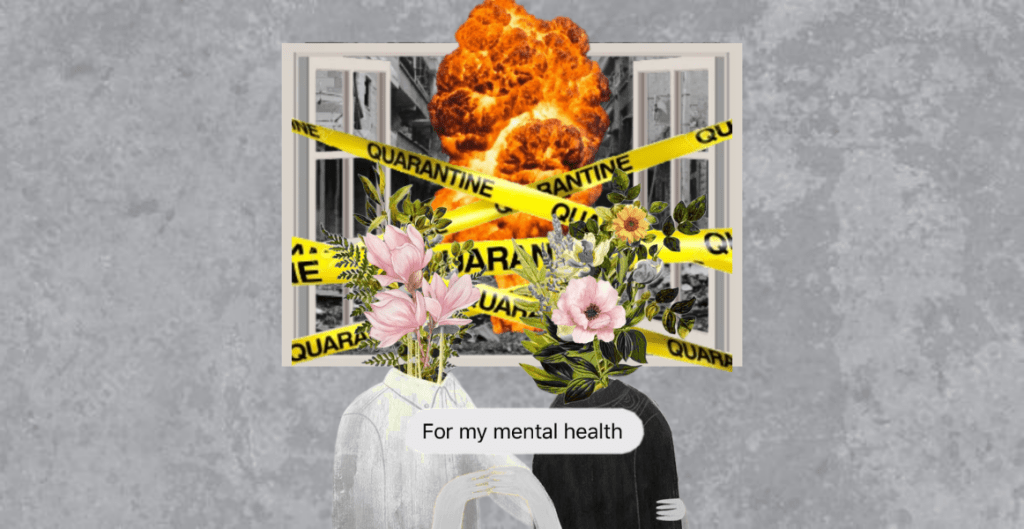
On Aug. 31st, the World Health Organization’s representative of Armenia, Dr. Tawilah Jihane, addressed many pressing health-related issues related to the Republic of Armenia in an interview in her office. These topics range from COVID-19 to the WHO’s collaboration with the Armenian government to mental healthcare provision.
Dr. Jihane started the interview by stating the WHO’s global goals: “We coordinate the world’s response to health emergencies, promote well-being, prevent disease, and expand access to health care. By connecting nations, people and partners to scientific evidence they can rely on, we strive to give everyone an equal chance at a safe and healthy life”, also stating that “we bring together 194 countries and work on the frontlines in 150+ locations to confront the biggest health challenges of our time and measurably advance the well-being of the world’s people.”
She elaborated on their goals for Armenia; “A large part of our work in Armenia is to support the health transformation agenda of the Ministry of Health and other government partners… Our task in the country is to advise ministries of health and other national sectors on public health issues and provide policy, strategic and technical support to plan, implement and monitor health programs that the country prioritizes.”, said Dr. Jihane, listing Universal Health Coverage, improving health across all age groups, and protecting against health emergencies as the specific priorities.
When asked about the underwhelming healthcare system of the country, Dr. Jihane suggested increasing the financial stability of the health system as a national priority, consolidating and optimizing essential health services and investing more in primary healthcare, and improving the quality of care and information management and digitalization.
Dr. Jihane first elaborated on the statistics on the mental health issues of Armenia, stating that “Mental health conditions are increasing not only in Armenia but also worldwide, mainly depression and anxiety, because of unstable conditions of living and livelihood caused by conflicts and the pandemic… Around 20% of the world’s children and adolescents have a mental health condition, with suicide the second leading cause of death among 15-29-year-olds. Approximately one in five people in post-conflict settings have a mental health condition.”
She said, “This year, WHO and the Ministry of Health are joining to raise the flag on this issue. On the occasion of World Mental Health Day (WMHD), usually celebrated in October every year, we will enhance the activities to raise awareness about mental health issues and to mobilize national efforts.” With the Ministry of Health recently forming a national coalition for mental health with the WHO, the WHO European Regional Office has chosen to launch the regional campaign in Armenia, highlighting it as a mental health priority in the country.
She concluded with a word of advice for students of AUA looking for employment in the WHO, “I encourage them to engage in Public Health Studies and training in health-related fields. Public health is an opportunity to foster national political commitment and transform it into tangible actions for the communities, to ensure universal health, global health security, and more significant health equity in Armenia” Dr. Jihane elaborated by listing that jobs in the WHO require a result-oriented mindset, technical talent to offer the organization and a love for serving people and working in teams. If you relate to any of these attributes, explore their website and apply now.
Besides jobs, graduate students also have the opportunity to explore the WHO’s activities through the WHO Internship Programme, “which offers a wide range of opportunities for students and recent graduates to gain insight into our technical programs and administration,” which you can explore here.
Armenia’s health administration outlook, when partnered with the WHO’s vast resources and incredibly talented and compassionate workforce, is going to improve significantly over the next decade as financial and social security nets for people of all ages, mental health awareness campaigns, and quality of medicine continue to improve.












